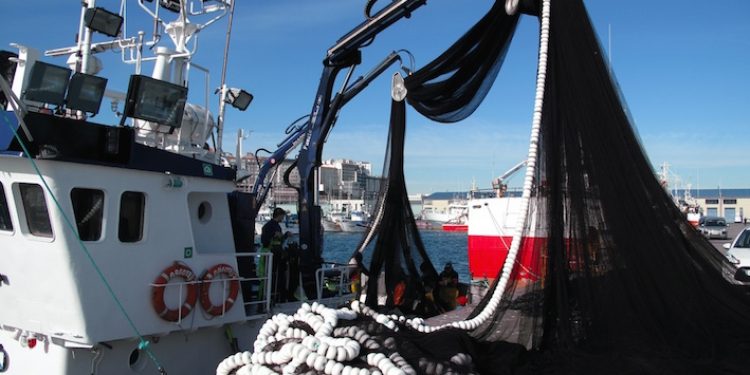The European Commission has presented proposals for new conservation measures in European waters. So far, these have been decided at EU level through a long adoption process that has frequently resulted in regulation that is cumbersome, complex and often contradictory.
‘With this proposal we ensure that our objectives for sustainable fisheries and the protection of marine habitats are reached throughout the EU. Its ‘regionalised approach’ simplifies the rules, in line with our better regulation agenda. It allows for fisheries management decisions to be made locally, closer to the people they affect,’ said EU Commissioner for Environment, Maritime Affairs and Fisheries, Karmenu Vella.
With the new Common Fisheries Policy and to comply with the Better Regulation Agenda principle and the REFIT programme, a new simplified approach has been proposed.
Commenting on the present suite of regulation, the Commission states that it currently has a high degree of prescription and complexity that makes control and enforcement difficult, creates massive red tape and is ultimately counterproductive, as it leads to a negation of the rules.
The Commission’s statement says that currently there needs to be a lengthy, politically-driven adoption process for every detail, no matter how small, technical or for which region; consequently decision-making institutions are reluctant to undertake change and the flexibility element is lost.
‘There is no engagement on the part of the industry, which sees the current technical measures as impractical, inadequate for current fishing practices, contradictory and coercive (as opposed to promoting positive change). The current technical measures provide little incentive to fish selectively and gauging the effectiveness of the measures is difficult in the absence of defined metrics.’
The Commission is tabling a more flexible system of governance, empowering regional bodies, who know their local context best, to customise technical conservation measures in their own sea basins. The proposal also condenses a number of distinct Regulations into one single text which should ease interpretation and facilitate compliance.
The indication is that the EU will prescribe the general principles and the overall objectives of fishing activities, maintaining a set of basic rules that will be applicable to prohibited fishing gear or the protection of certain species and habitats. However, for technical measures which affect a specific sea basin, national governments and operators will be able to customise the proposed rules to the local context so as to achieve the desired results.
According to the Commission, if, for example, a specific fishing area needs to be closed to protect a particular habitat, such as a sensitive coral reef, or if derogations need to be allowed for specific vessels, all this can be done through technical measures decided by the Member States around that sea basin, in consultation with their stakeholders.
The proposal includes measures for the protection of the marine ecosystem and marine habitats and for avoiding by-catches of non-commercial and sensitive species, such as seabirds and mammals.









